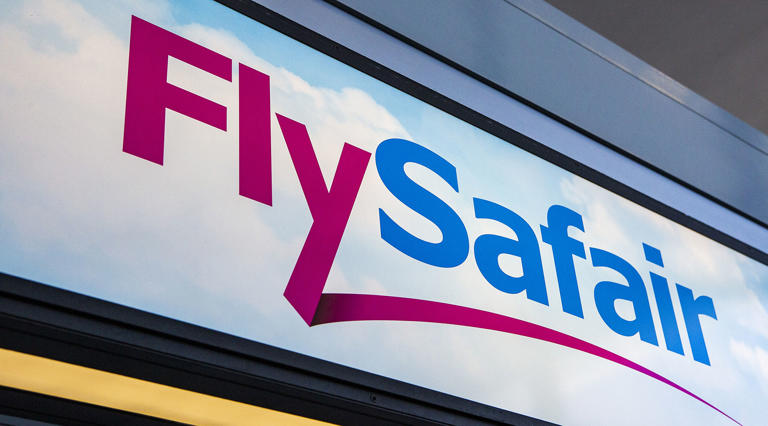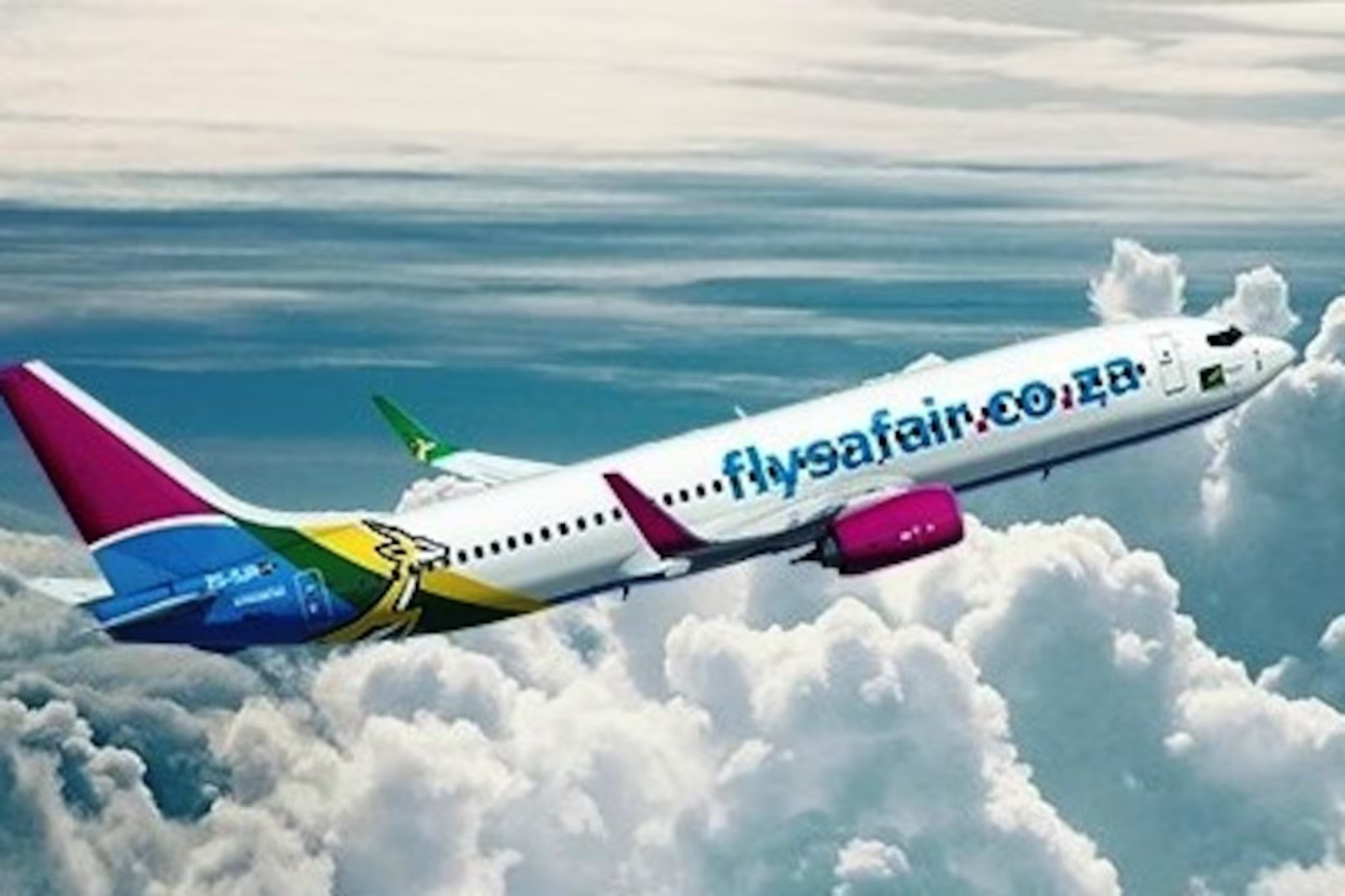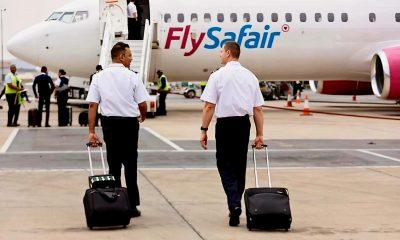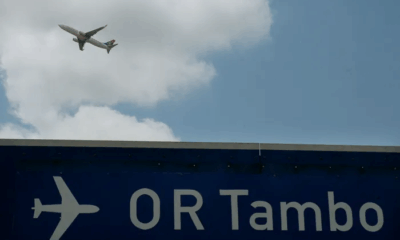Travel
FlySafair Turns To AI To Keep Fares Low And Improve Customer Experience

South Africa’s favourite low-cost airline is betting on artificial intelligence to stay ahead of the curve – and keep ticket prices affordable. FlySafair’s latest digital push combines high-tech efficiency with a renewed focus on customer care, proving that innovation doesn’t have to come at the expense of human connection.
A Low-Cost Airline Thinking Big
For an airline that’s built its reputation on affordability and reliability, FlySafair’s next move is more than just a tech upgrade – it’s a strategy to survive in a highly competitive industry.
Chief marketing officer and vice-president of sales and distribution, Kirby Gordon, says technology plays a crucial role in keeping fares low. “We’re hyper-focused on operational efficiency,” he explained. “The margins are paper thin, so efficiency on every level is key – and this is where technology comes in.”
Meet Lindi, The AI Chatbot On WhatsApp
In June, FlySafair introduced Lindi, its AI-powered chatbot available on WhatsApp. Lindi helps customers with everything from booking flights to changing reservations and even handling cancellations.
The chatbot, which currently assists individual travellers, is being upgraded to manage group bookings too. “Some tech-savvy users prefer chatting exclusively with Lindi, while others still want a human touch,” said Gordon. “Most customers fall somewhere in between.”
Behind Lindi is a hybrid model that balances automation with empathy. When the bot reaches its limits, human agents step in through FlySafair’s call centre – ensuring that no one is left frustrated by technology.
Balancing Jobs And Automation
FlySafair’s digital transformation also brings challenges on the human side. Some employees initially worried about AI replacing their roles, but Gordon explained that it’s changing the nature of their work rather than removing it.
“It shifts staff from answering dozens of queries daily to performing quality assurance on the AI’s responses,” he said. “It’s about moving people up the value chain.”
This mirrors broader global debates around AI and employment – a conversation increasingly relevant in South Africa, where tech-driven industries are growing rapidly but still face public concern over job security.
Predictive Maintenance: Listening To Aircraft
While customer service gets most of the attention, the airline’s AI journey goes far beyond chatbots. FlySafair is exploring predictive maintenance – using data and sensors on aircraft to detect problems before they occur.
Each FlySafair plane produces massive amounts of data that no human can process alone. By using AI and machine learning, the airline can identify patterns, such as unusual vibrations, and take preventative action before something breaks.
“AI lets us listen to the aircraft,” Gordon said. “If there’s a vibration in a certain area, historical data might tell us a bolt needs tightening.”
This proactive approach could save money and improve safety, but regulatory frameworks haven’t fully caught up. Current aviation rules still require maintenance at fixed intervals, limiting how flexible predictive systems can be.
The Future Of Low-Cost Innovation
From its QR-coded parts tracking system to its paperless maintenance records, FlySafair is steadily modernising every corner of its business. And while AI might seem like a futuristic luxury, for FlySafair it’s about keeping flying accessible for ordinary South Africans.
As Gordon put it, “A truly bespoke model would mean having one person per customer – that’s not realistic. But technology allows us to create a similar experience at scale.”
In a market where every rand counts, FlySafair’s bet on AI could make the difference between just another low-cost airline – and one that’s setting new standards for smart, human-centred travel.
{Source:Tech Central}
Follow Joburg ETC on Facebook, Twitter , TikTok and Instagram
For more News in Johannesburg, visit joburgetc.com

























